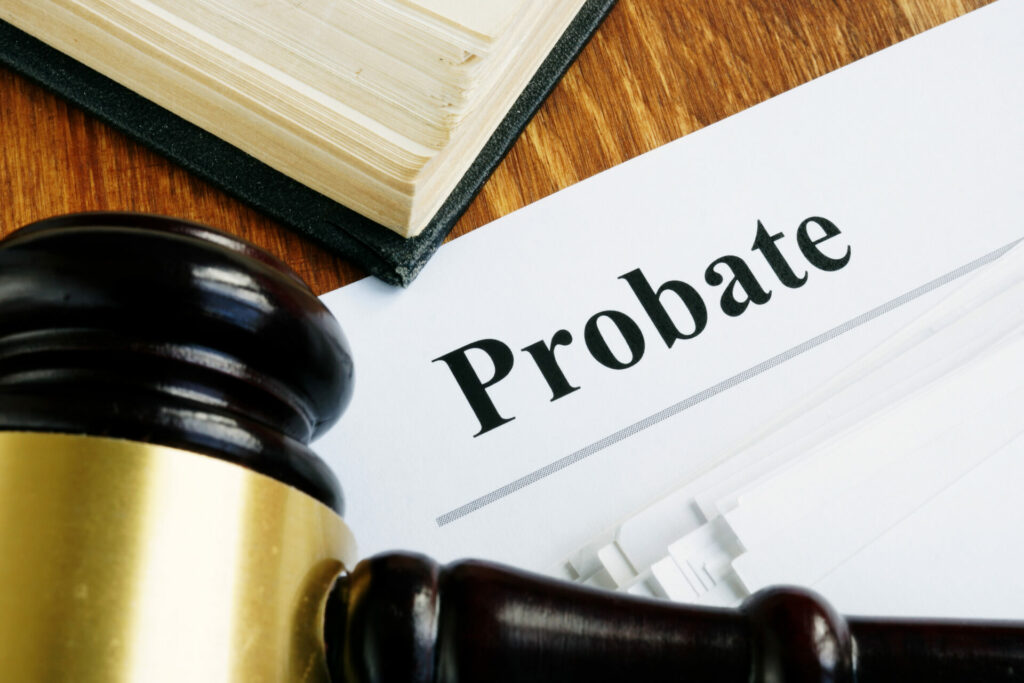Can a Power of Attorney be Revoked if the Person is Not Fulfilling Their Duties to the Incapacitated Individual?
Seeing a friend or loved one in an incapacitated state can be heartbreaking, whether it is due to old age, serious injury, or another life-changing event. You want to ensure that their needs and best interests are being cared for during this time. Many individuals set up a durable power of attorney to prepare for these circumstances, and they trust that the individual named in the document to serve as their agent will follow their wishes and do what is best for them.
But what if the person named as agent under the Power of Attorney turns out to be untrustworthy and does not act in the incapacitated person’s best interests or becomes unable to serve as the agent? Can a family member or concerned party have the Power of Attorney designation revoked? This difficult situation can be legally complex. If you are facing this challenging circumstance, you should contact a Texas estate planning attorney as soon as possible to discuss potential legal options.
What is a Power of Attorney (“POA”)?
A Power of Attorney is a valuable estate planning document that allows a principal to designate a trusted person or institution as their agent who can legally act on their behalf.

There are several different types of powers of attorney that can be used for various purposes, including:
- Durable Power of Attorney: This type of power of attorney is the most commonly used for estate planning purposes because it remains in effect even after an individual is deemed incapacitated. Non-durable POAs exist but aren’t as useful for estate planning because they end upon the principal’s incapacitation or death.
- General Power of Attorney: This document allows your agent to handle a broad range of situations on your behalf, such as business matters, health decisions, finances, and more. This type of POA can be durable or non-durable.
- Springing Power of Attorney: Most POAs go into effect as soon as they are created, but a springing power of attorney is designed to start once a specified condition is met. In most situations, it is set up as a durable POA that goes into effect as soon as an individual is declared incapacitated.
- Special or limited Power of Attorney: This encompasses several subtypes of POAs that allow you to limit your POA’s abilities based on your needs. For example, you could use a medical POA to enable one person to make your healthcare decisions and a financial POA to let another agent handle your money and taxes.
How Can a Person Acting as an Agent Under a Power of Attorney Breach Their Duty?
Individuals generally create a Durable Power of Attorney to ensure that their affairs are being looked after, even if they no longer possess the ability to make informed decisions on their own. If the principal (the person who executes the Power of Attorney) does not give specific instructions, the Agent under the Power of Attorney is just expected to act in a way that is in their best interests. Unfortunately, this does not always happen.

Examples of ways the Agent may not be living up to their duties include:
- Mishandling the incapacitated person’s funds.
- Transferring assets to themselves for their own gain.
- Physically or mentally abusing the incapacitated individual.
- Exceeding the scope of their authority, such as misusing their position to limit others’ contact with the principal.
- Having the incapacitated person sign legal documents, such as a Last Will and Testament or deed.
- Changing beneficiary designations on accounts.
- Making medical choices that go against the incapacitated person’s previously stated wishes or beliefs.
- Making loans or creating credit card debt not related to the incapacitated person’s needs.
- Not paying for the expenses needed to care for the incapacitated person.
- Not protecting the incapacitated person’s property.
- Becoming mentally ill or otherwise physically unable to act as Agent for the Principal.
Are There Legal Remedies if the Agent under the Power of Attorney Isn’t Acting in the Incapacitated Person’s Best Interests?
While a person can revoke their own power of attorney at any time if they are of sound mind, the process becomes much harder after they are incapacitated. However, you still have options for protecting your loved one if the Agent under the Power of Attorney is not acting properly. Your first action should be to speak to the Agent, if possible. They may genuinely not realize that they are mishandling the situation or could be over their heads. If this is the case, they may choose to step aside or seek help handling the incapacitated person’s affairs.
If no resolution can be reached, you should contact a Texas Power of Attorney lawyer immediately to discuss what options are suitable for your unique situation. Collect any evidence of the Agent’s breach of duty to support your claims. You may be able to petition the court to terminate the authority granted under the Power of Attorney or remove the Agent so that a successor Agent may serve.

Another option involves seeking the installation of a court-appointed guardian to oversee the incapacitated person’s needs. A court order appointing a guardian overrides and will invalidate a POA. There may also be other ways to solve the issue, depending on the details of the situation. Only a knowledgeable lawyer can help decide what remedies will work best for you.
How Can an Experienced Estate Planning Law Firm Assist You?
A Power of Attorney document is a potent legal tool. While this makes it useful in estate planning, it also leads to headaches if the agent acts improperly or doesn’t act at all when necessary. The assistance of an experienced estate planning attorney who also is knowledgeable in guardianship law can be invaluable when trying to correct the issue through the courts. While it can be very frustrating to see someone not acting in the principal’s best interests, you do have options to protect your loved one. Contact our law firm today to speak with a compassionate lawyer who can help you navigate this difficult situation.




